By Maegan Vallejo and Nia Wassink
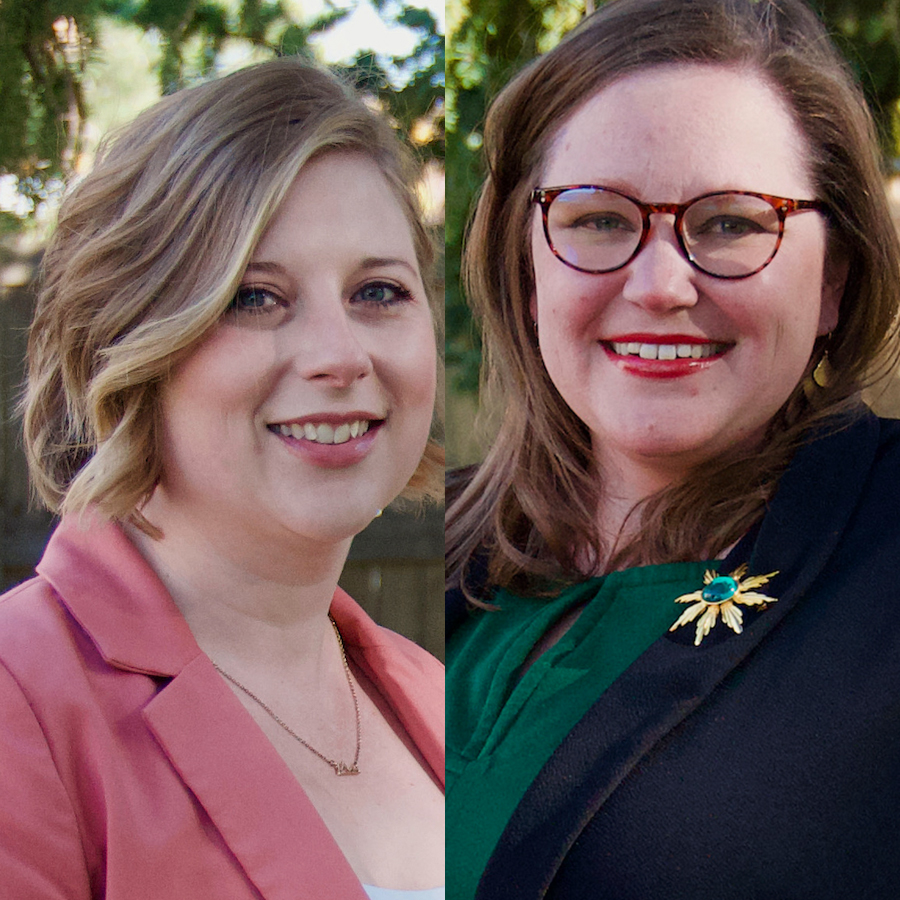 The existing lack of oversight and giving requirements for donor-advised funds (DAFs) raises pressing concerns that extend beyond philanthropy.
The existing lack of oversight and giving requirements for donor-advised funds (DAFs) raises pressing concerns that extend beyond philanthropy.
By Maegan Vallejo and Nia Wassink
 The existing lack of oversight and giving requirements for donor-advised funds (DAFs) raises pressing concerns that extend beyond philanthropy.
The existing lack of oversight and giving requirements for donor-advised funds (DAFs) raises pressing concerns that extend beyond philanthropy.
 Working in the arts as a community-centric fundraiser has been a pleasant joy. And by pleasant joy, I mean that every few weeks, I go into an existential crisis at the state of the world, the state of funding for the arts, the idea does any of this really matter?!, and the crushing doom of capitalism. You know, typical stuff.
Working in the arts as a community-centric fundraiser has been a pleasant joy. And by pleasant joy, I mean that every few weeks, I go into an existential crisis at the state of the world, the state of funding for the arts, the idea does any of this really matter?!, and the crushing doom of capitalism. You know, typical stuff.
 I have visited this topic with many colleagues over the past few years. We see “decolonize education,” “decolonize the workplace,” decolonize this and that – but what does that really mean?
I have visited this topic with many colleagues over the past few years. We see “decolonize education,” “decolonize the workplace,” decolonize this and that – but what does that really mean?
 I want to begin by sharing my own personal and professional journey, which led me to author a report titled Narrative Change for Racial Equity in Nonprofit Funding: An Exploratory Report on Community-Centric Fundraising in the Arts and Culture Sector.
I want to begin by sharing my own personal and professional journey, which led me to author a report titled Narrative Change for Racial Equity in Nonprofit Funding: An Exploratory Report on Community-Centric Fundraising in the Arts and Culture Sector.
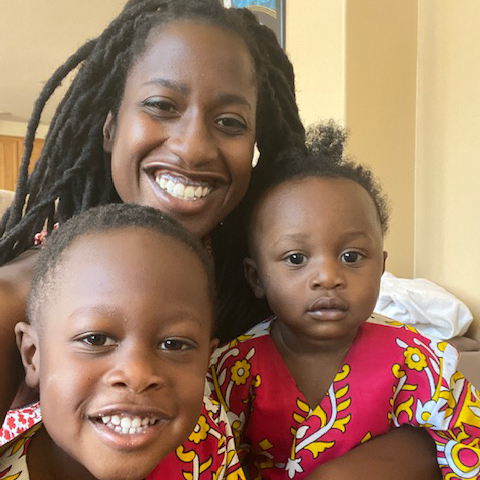 With your work universe imploding, how might you respond and take part in creating a plan that leads to collective flourishing? We’ll focus on Episode 4, which weaves a narrative of a broken organization coming back together and having a chance to grow in a fresh way. Using this framing, we can draw our own conclusions about how to deal with organizational change.
With your work universe imploding, how might you respond and take part in creating a plan that leads to collective flourishing? We’ll focus on Episode 4, which weaves a narrative of a broken organization coming back together and having a chance to grow in a fresh way. Using this framing, we can draw our own conclusions about how to deal with organizational change.
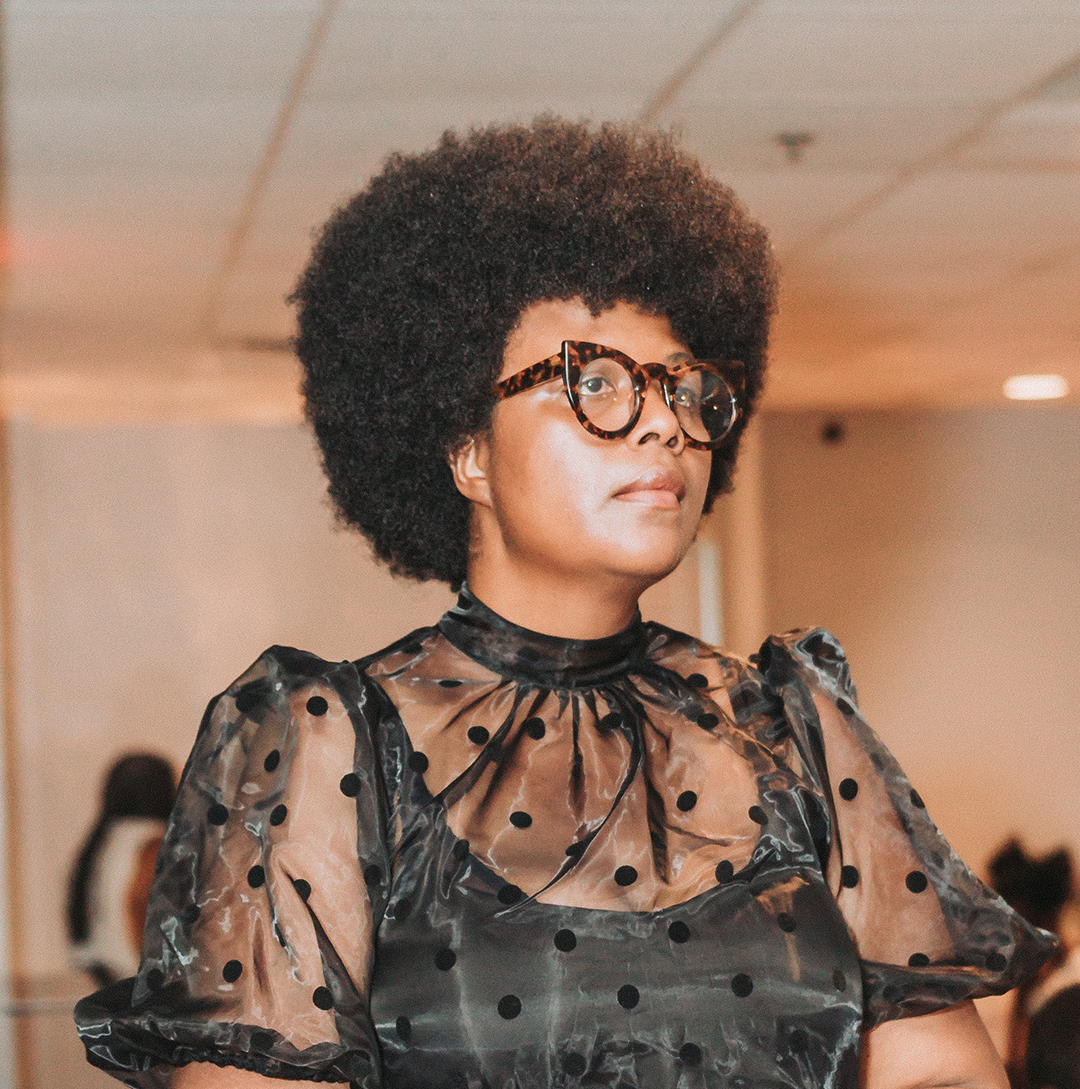 It’s time that we stop participating in the devaluing of Black communities and develop a new model of philanthropy that recognizes the inherent value and worth of the communities we serve.
It’s time that we stop participating in the devaluing of Black communities and develop a new model of philanthropy that recognizes the inherent value and worth of the communities we serve.
 In 2024, I am not wasting any energy on converting people who have no intention of seeing me: “See me and my community or not, we are here – poignant, relevant, brilliant and beautiful, rich and resourceful.”
In 2024, I am not wasting any energy on converting people who have no intention of seeing me: “See me and my community or not, we are here – poignant, relevant, brilliant and beautiful, rich and resourceful.”
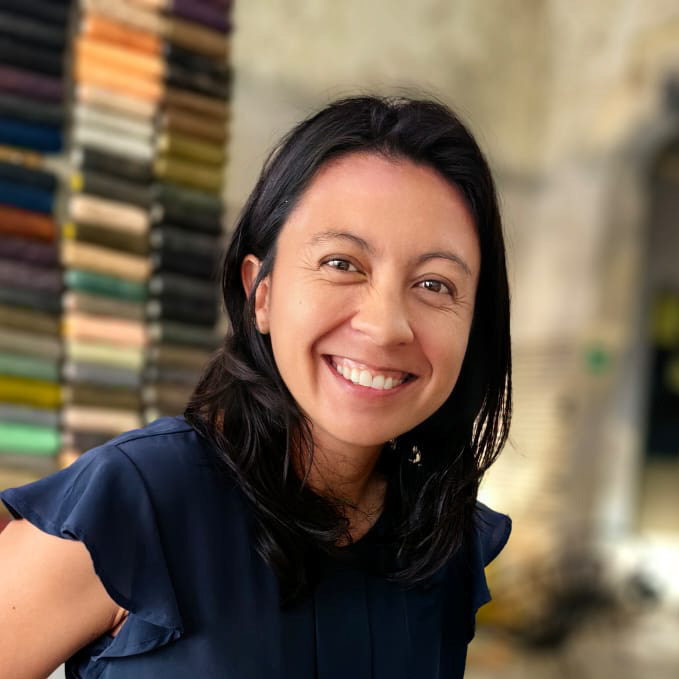 We have an opportunity to address long-standing environmental injustices and redistribute wealth back into communities it has been taken from.
We have an opportunity to address long-standing environmental injustices and redistribute wealth back into communities it has been taken from.
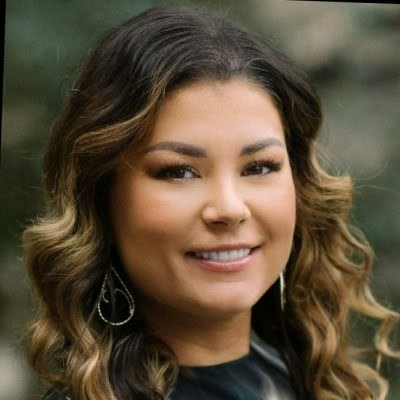 Social justice nonprofits, in particular, must be able to inspire people to see the cause areas from a values-aligned perspective. Like any story that deeply moves you, the power comes in through the intricate details. Part of the story feels so real that it sets your heart on fire! To achieve this, we have to remember that we cannot fit in and stand out at the same time. We gotta pick.
Social justice nonprofits, in particular, must be able to inspire people to see the cause areas from a values-aligned perspective. Like any story that deeply moves you, the power comes in through the intricate details. Part of the story feels so real that it sets your heart on fire! To achieve this, we have to remember that we cannot fit in and stand out at the same time. We gotta pick.
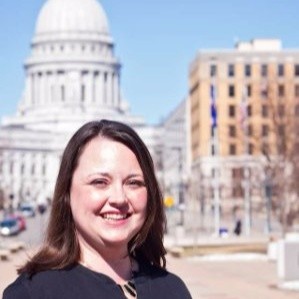 I know we cannot change all of philanthropy, but we can absolutely change our corner of the work and how we approach fundraising.
I know we cannot change all of philanthropy, but we can absolutely change our corner of the work and how we approach fundraising.
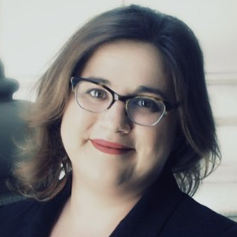 …isn’t that why so many of us are here—to do the very hard work of tackling systemic issues in service to a more just and equitable world? Why are we ignoring something that has such widespread implications for our communities and movements?
…isn’t that why so many of us are here—to do the very hard work of tackling systemic issues in service to a more just and equitable world? Why are we ignoring something that has such widespread implications for our communities and movements?
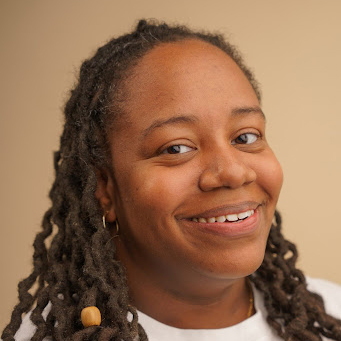 Remember that you carry within you the spirit of those who fundraised, not just for survival, but for the thriving of generations to come. Embrace this heritage, draw strength from it, and let the echoes of their heartbeats guide you in reshaping the narrative of philanthropy.
Remember that you carry within you the spirit of those who fundraised, not just for survival, but for the thriving of generations to come. Embrace this heritage, draw strength from it, and let the echoes of their heartbeats guide you in reshaping the narrative of philanthropy.